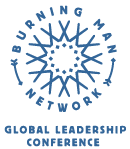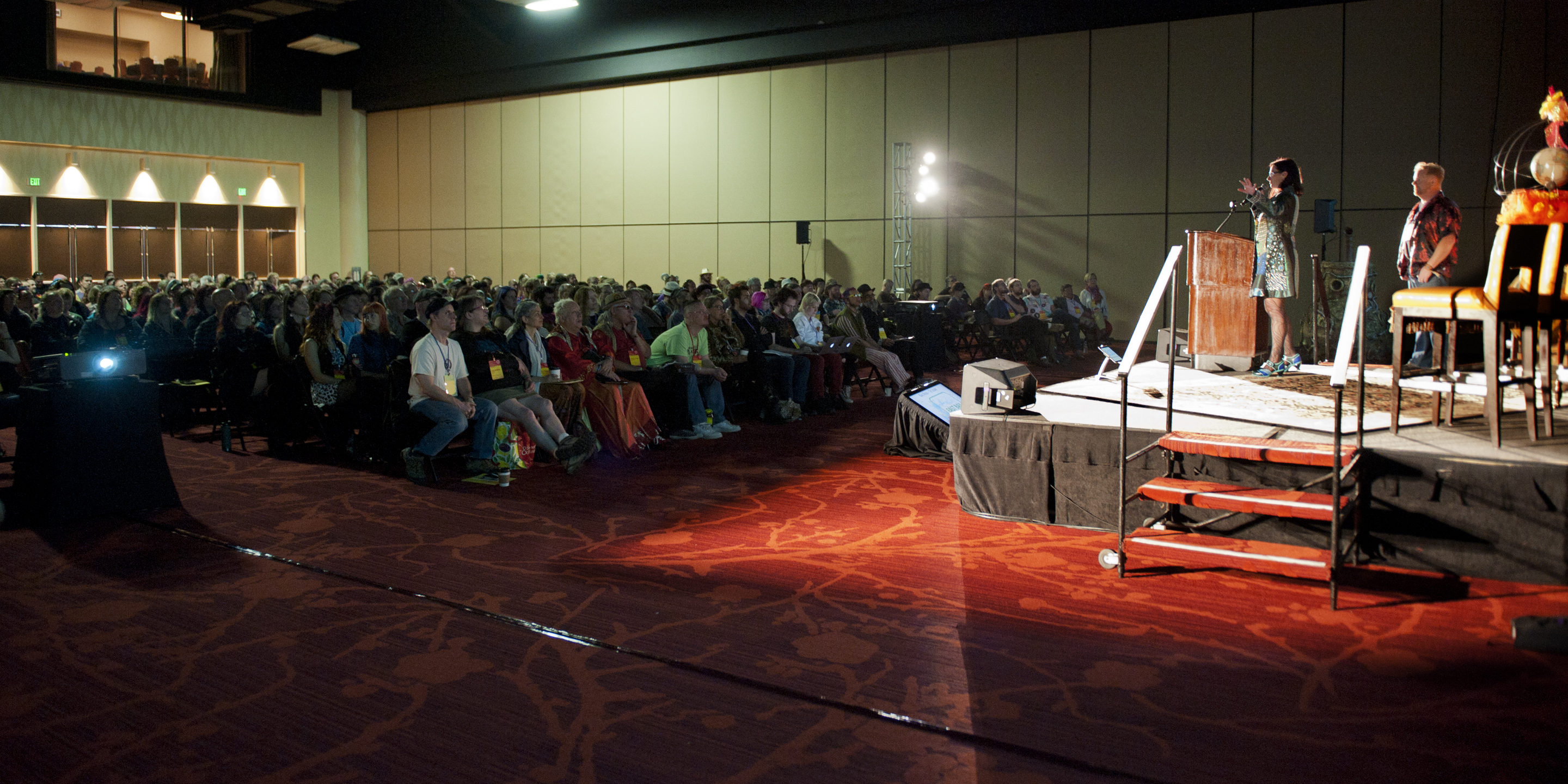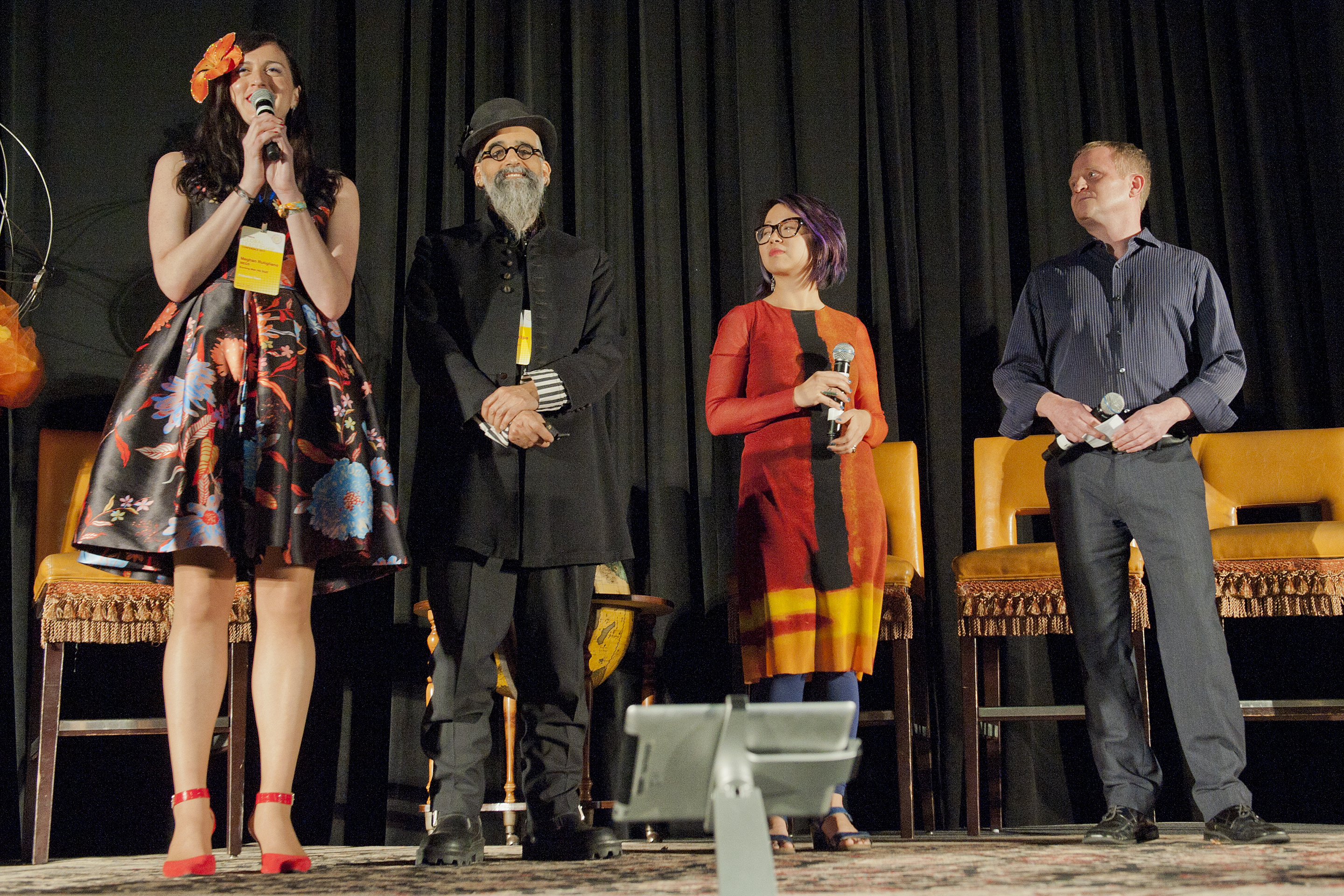Another Global Leadership Conference (GLC) has ended, and the last of its participants are trickling out of the city and back to their homes and communities across North America and the world.
In the wake of the energy and intensity of this year’s conference, there is a quiet listlessness amongst the tired but happy conference organizers, and a kind of emptiness reminiscent of those great summers when you couldn’t bear to say goodbye to all your new best friends.
This is a period of integration and incubation for conference participants as they talk to their communities about what they learned at the GLC and implement the new ideas.
A range of community engagement possibilities are high on the agenda as participants continue to ruminate over the conference theme of Sparking a New Citizenship, and over workshop ideas that spanned the most basic kinds of neighborhood civic involvement through to overt political activism on national or global levels.
They will continue to work through some of the difficulties and disagreements that at times threatened to derail the more political conversations at the plenaries and workshops.
But for those readers tempted to think the conference is all talk and no walk, there are already conversations turning into actions with the help of Burners Without Borders grants.
Putting Theory Into Action
Meanwhile, previous GLCs are also bearing fruit. On April 29, North Bay Burners will take to the streets of Cotati, California to wreak colorful, costumed havoc and to collect food for Redwood Empire Food Bank as part of the Cotatitarod.
The event was inspired by a presentation at the 2016 GLC about Chicago’s CHIditarod, which launched an online toolbox to support other cities wanting to run an event that is part food drive, part pub crawl and part spectacle.
“The presentation that the CHIditarod founders gave was really fun and inspiring. I think it’s a great combination of things,” says Kelly Walton, one of the Cotatitarod organizers. “It’s something fun that people can do: everybody likes to get dressed up and everybody loves a parade.”
Her community of Burners had already helped a local homeless shelter for while, but when that project ended, they wanted to step up their game.
“I think we wanted it to be something a little more substantial, but we didn’t really have an idea of what that would look like,” says Kelly. “I saw [the CHIditarod] presentation and I thought: I’d really like to do that. But it took me quite a while to get up the nerve to give it a shot.”
But she did get up the nerve, and at the end of this month a bunch of teams will take over La Plaza Park in Cotati.
“We have five or six teams registered already. If I can get a dozen teams to run, I think we’re doing great for our first year,” says Kelly.
The peer-to-peer learning that helped create the Cotatitarod is the stuff of GLCs, where groups present their successes and challenges so that others may build on those ideas and grow to the next level in their own communities. The workshops are also levelling up as they support the increasingly sophisticated needs of communities as they explore business entities and art grant processes.
Like Virginia’s Party Liberation Front collective, which created a nonprofit — Party Liberation Foundation — with the help of workshops at last year’s GLC.
“The information about nonprofits, organizing it and contracts helped tremendously — just the nuts and bolts of getting it off the ground and what you need to know and what you shouldn’t do yourself and you should bring a lawyer in for,” says Jim Nelson, a Party Liberation Foundation board member.
“We do art grants for our camps at Transformus and Ignite, as well as for our fundraisers so that people who want to do either performance art, or something like that, can make things bigger than what their own personal finances can support.”
But he says this is just the first step in their plans.
“There are a lot of grant opportunities available that we would love to go after, but we need experience running our nonprofit for a while before we can start going after things like that — after some of the big community education grants and community improvement grants,” says Jim.
Learning and Growing
Each year, Meghan Rutigliano, Burning Man’s Associate Director of the Regional Network, says she is blown away by what GLC participants bring to the conference, and this year is no exception. She’s excited to see what projects and initiatives they will create over the coming year.
“Our network leaders are truly the greatest teachers because they have hard-won knowledge and expertise from what they’ve gone through to make a meaningful impact on a local level,” says Meghan.
“We have communities across the world creating nonprofits and legal entities to support community-based arts and culture. They’re giving away art grants to support the arts, they’re navigating politics with grace and confidence, and they have a lot to share with one another and also to reflect back to our organization,” she says.
“I always feel like we learn so much from our community leaders. We grow as they grow. We are constantly looking for ways to support our community members as they grow and as their impact grows. It’s beautiful to see what Burners are creating worldwide. I’m always moved, too, by their tireless commitment to their work and to one another.”
Were you a 2017 GLC participant? We’d love to hear in the comments what projects or initiatives are on the cards after this year’s conference.
Photos by Chuck Revell


